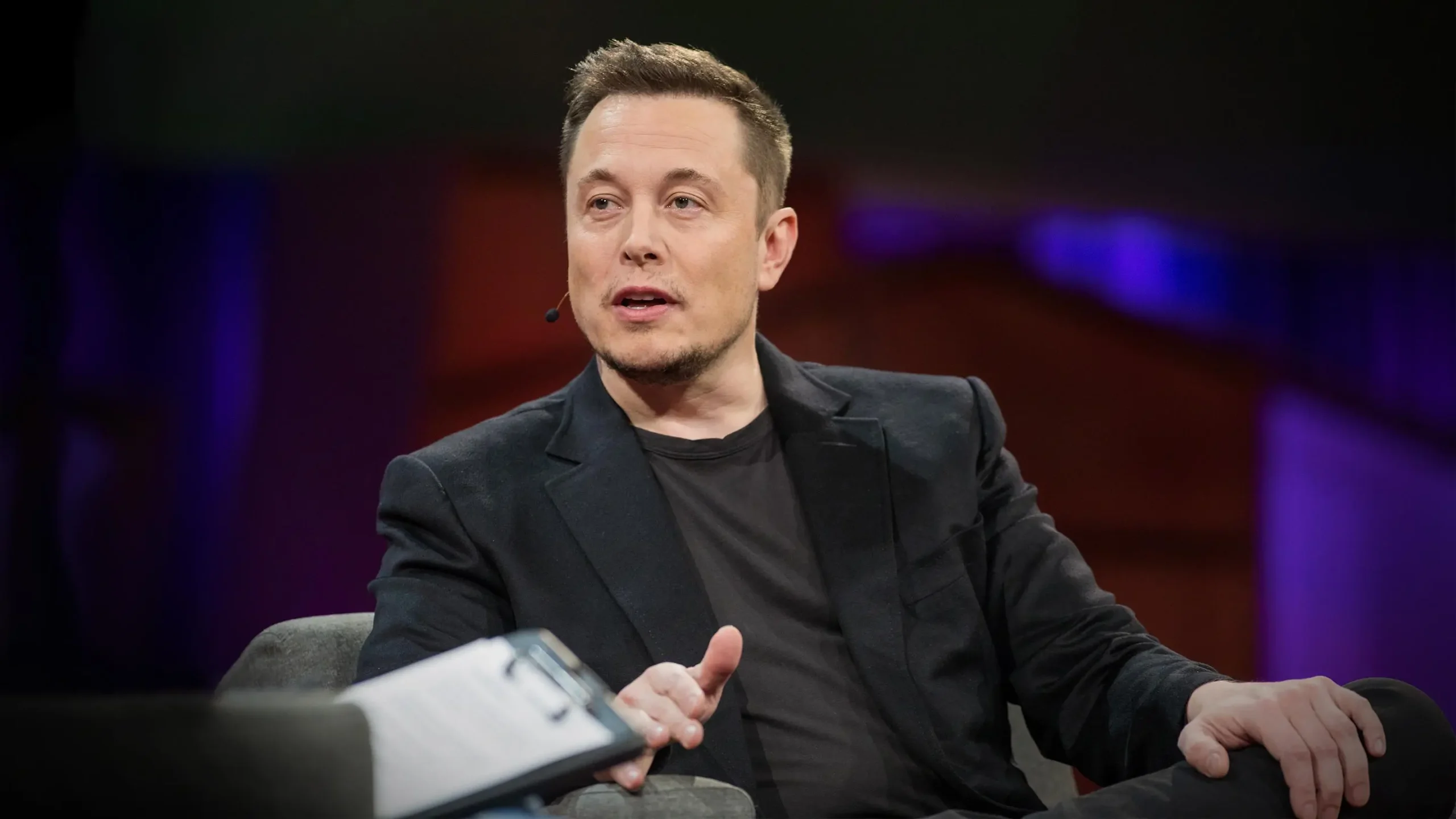On Wednesday, Chief Justice of India (CJI) Dhananjaya Y. Chandrachud initiated the process to appoint his successor by recommending Justice Sanjiv Khanna, the Supreme Court’s senior-most judge, to the Union government. Justice Khanna is poised to take over as CJI upon Chandrachud’s retirement on November 10, 2023, and is expected to serve until his own retirement on May 13, 2025.
The recommendation comes after the central government’s request for a successor on October 12. This standard procedure involves the law ministry contacting the CJI approximately a month before his retirement. As per the Memorandum of Procedure (MoP), the appointment should go to the most senior judge deemed fit for the role.
Following CJI Chandrachud’s recommendation, the government is expected to swiftly issue a notification appointing Justice Khanna as the next CJI, effective November 11.
Justice Khanna’s Distinguished Legal Career
Justice Khanna has a distinguished legal background that spans decades. Enrolled with the Bar Council of Delhi in 1983, he initially practiced at the Tis Hazari district courts before moving to the Delhi High Court, where he established a robust practice across various legal domains, including constitutional, commercial, and criminal law. His notable roles included serving as senior standing counsel for the Income Tax Department and as an additional public prosecutor.
Elevated to the Delhi High Court as an additional judge in 2005, Khanna became a permanent judge in 2006. Throughout his tenure, he contributed significantly to legal education and mediation initiatives.
Since his appointment to the Supreme Court in January 2019, Justice Khanna has made several landmark contributions. He granted interim bail to former Delhi Chief Minister Arvind Kejriwal, emphasizing democratic participation during elections. In a significant ruling involving former Deputy CM Manish Sisodia, he highlighted that delays in cases could justify bail under the Prevention of Money Laundering Act (PMLA).
Justice Khanna currently leads a bench reviewing PMLA provisions, showcasing his ongoing influence on matters of public interest. He also recently ruled against 100% verification of Voter Verifiable Paper Audit Trails (VVPAT) for electronic voting machines, affirming the Election Commission’s measures to ensure electoral integrity.
Additionally, he was part of a five-judge bench that declared the electoral bond scheme unconstitutional, emphasizing the public’s right to information and informed voting. He also played a role in upholding the abrogation of Article 370, determining that while it was a unique aspect of India’s federal structure, it did not confer sovereignty on Jammu and Kashmir.
In the recent case of *Shilpa Sailesh Vs Varun Sreenivasan* (2023), Justice Khanna affirmed the Supreme Court’s authority to grant divorces based on “irretrievable breakdown of marriage,” emphasizing the promotion of “complete justice” in marital disputes.
(Inputs from Agencies)
ALSO READ: Supreme Court Confirms Constitutional Validity of Citizenship Act 1955


















